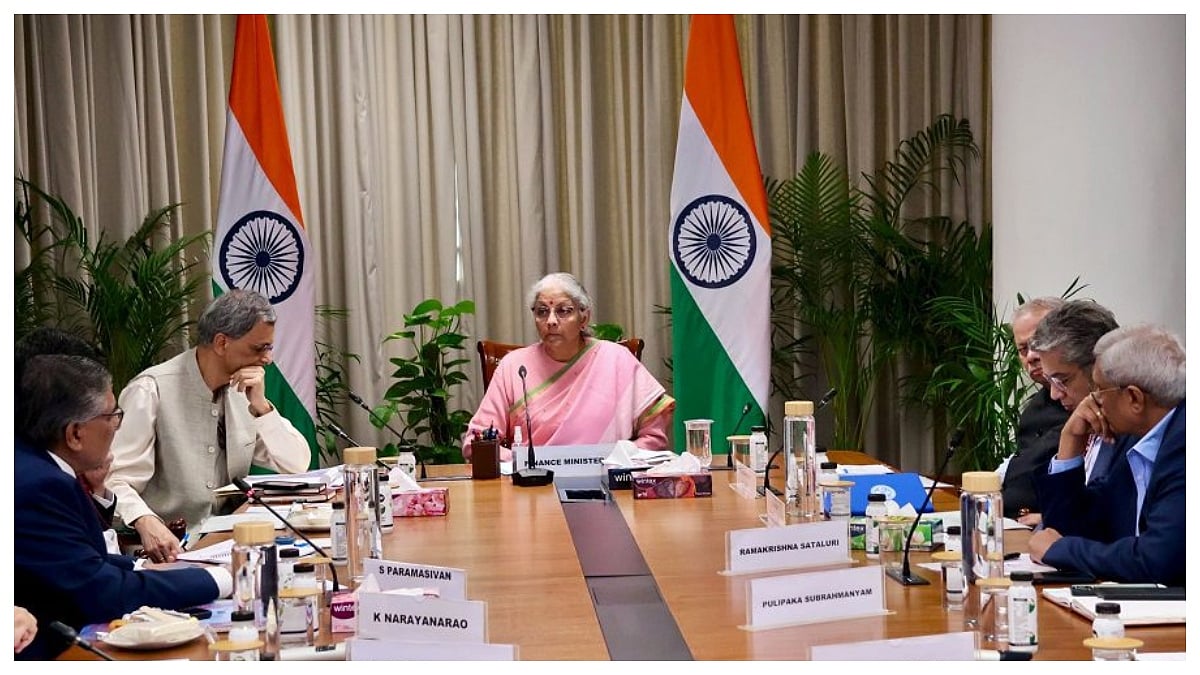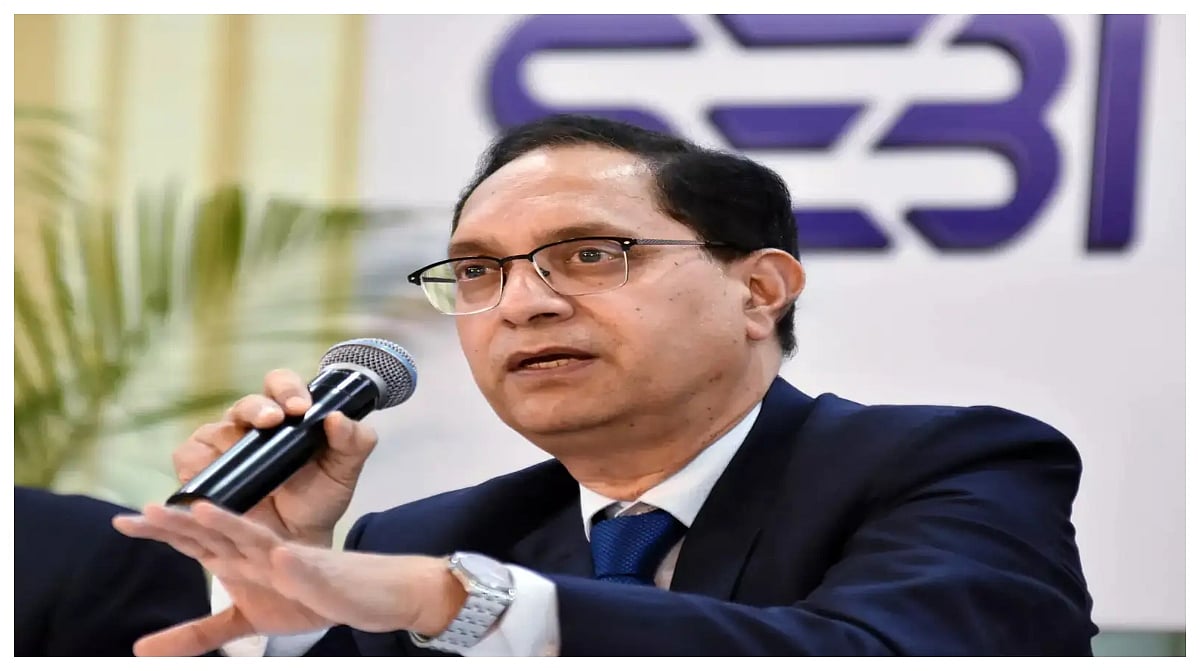The Budget session of the Parliament would commence on January 29 with the presentation of Economic Survey. As the countdown for the Union Budget 2021-22 has begun, discussions over the sector-wise allocation have again taken centre stage in the national discourse.
Meanwhile, due to the coronavirus pandemic, the sector which is the biggest talking point this year is healthcare. The pandemic completely exposed India’s underfunded healthcare system. Critical patients all over the country were struggling to get ICU beds. Some lost their lives as the ambulance reached late, while some died outside the hospitals waiting to get admitted. The pandemic exposed fundamental problems plaguing the Indian healthcare system, be it infrastructure, manpower, etc.
However, if we consider the previous budget, Rs 69,000 crore were allocated to the healthcare sector in Union Budget 2020-21. Meanwhile, the Finance Minister had announced a Rs 62,659.12 crore outlay for the healthcare sector in 2019-20. Looking at the trend and also as per reports, healthcare sector allocation in Union Budget 2021-22 is likely to go up by 40 per cent.
1. Increase in public healthcare expenditure:
India spends nearly 3 per cent of its GDP on healthcare, against the global average of 8 per cent. The COVID-19 pandemic has made everyone realise the importance of a strong healthcare sector and hence, the government needs to urgently increase public-private partnerships in the sector. "We need more collaborative effort between private sector players and members of academia, scientific experts, and governments to strengthen R&D in drug discovery. Necessary incentives should be brought in to develop such partnerships and make them meaningful for the stakeholders," Dr Rohinton Dastur, Director Medical-Bhatia Hospital, Mumbai told the Financial Express.
2. Strengthen health infrastructure:
India currently has seven beds per 10,000 population, against the global average of 27 beds per 10,000. The pandemic stretched thin India's healthcare infrastructure. It revealed an urgent need for higher budget allocation for the sector. In the longer run, we need more investment in Research & Development, equipment, more hospitals, and in improving the overall infrastructure. Incentives to the private sector should be provided to modernise healthcare facilities and increase investment in rural and remote areas, which will also help in generating employment.
3. Increase in healthcare manpower:
As per a report, the skilled health workforce in India does not meet the minimum threshold of 22.8 skilled workers per 10,000 population recommended by the World Health Organisation (WHO). The density of doctors, nurses and midwives per 10,000 population in India was 20.6 in 2016, up from 19 in 2011-12, said the report. Meanwhile, the pandemic made doctors and the medical staff to work multiple shifts because of a severe shortage in manpower. To fulfil this need, the Union Budget 2021-22 must allocate extra funds for the creation of sufficient manpower and for skill development of teachers, nurses, paramedical staff, etc.
4. GST benefits for healthcare services:
The Prime Minister Narendra Modi-led government should consider making healthcare more affordable by taking an immediate step of making 'zero rating' of Goods and Services Tax (GST) for healthcare services and products including drugs and medical devices. This will not only increase affordability but will also increase accessibility of healthcare products and services. Also, the Union Budget 2021-22 must rationalise GST for health insurance policies. Currently, the government taxes health insurance policies at 18 per cent GST. Meanwhile, health insurance industry demands that the tax on health insurance products be reduced to 5-6 per cent as this will help in boosting the insurance coverage rate and will pay a major role in increasing the demand for health insurance policies, reported Money Control.
5. Focus on mental health:
Union Budget 2021-22 must recognise the growing mental health issues in India. If statistics are any indication, WHO estimates that about 7.5 per cent Indians suffer from some mental disorder. It adds that 56 million Indians suffer from depression and another 38 million suffer from anxiety disorders. Also, India accounts for 36.6 per cent of suicides globally. WHO further states that the mental health workforce in India is not up to the mark and there is a huge shortage of psychiatrists and psychologists in comparison to the number of people suffering from mental health issues. Reportedly, the budget allocated for the National Mental Health Program (NMHP) in FY2019 was brought down to Rs 40 crore from Rs 50 crore in FY18 while the actual funds spent were only Rs 5 crore each year. Industry experts demand that the budget for mental health in India should at least be increased to Rs 5,000 crore or at least 5 per cent of India’s healthcare budget.









